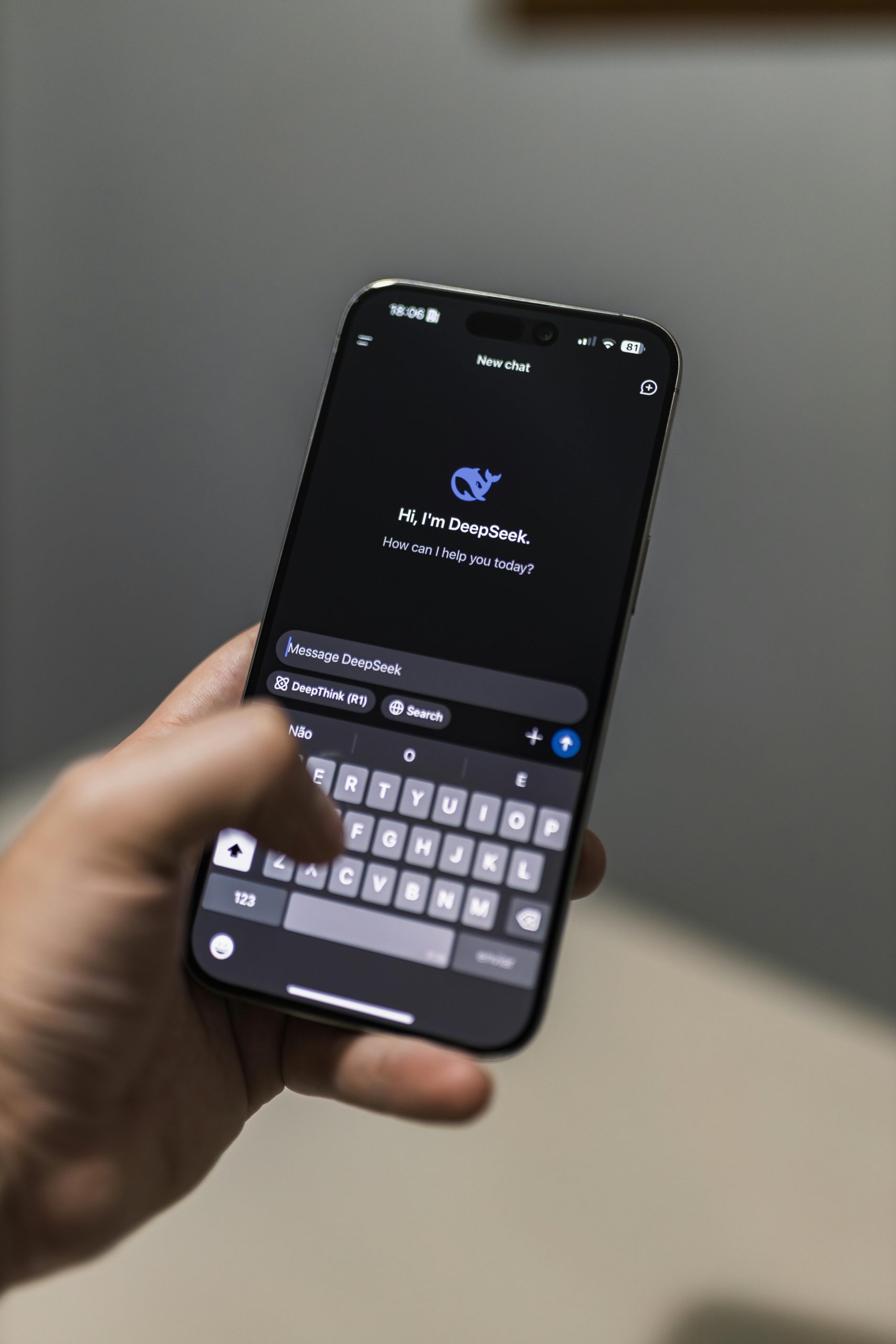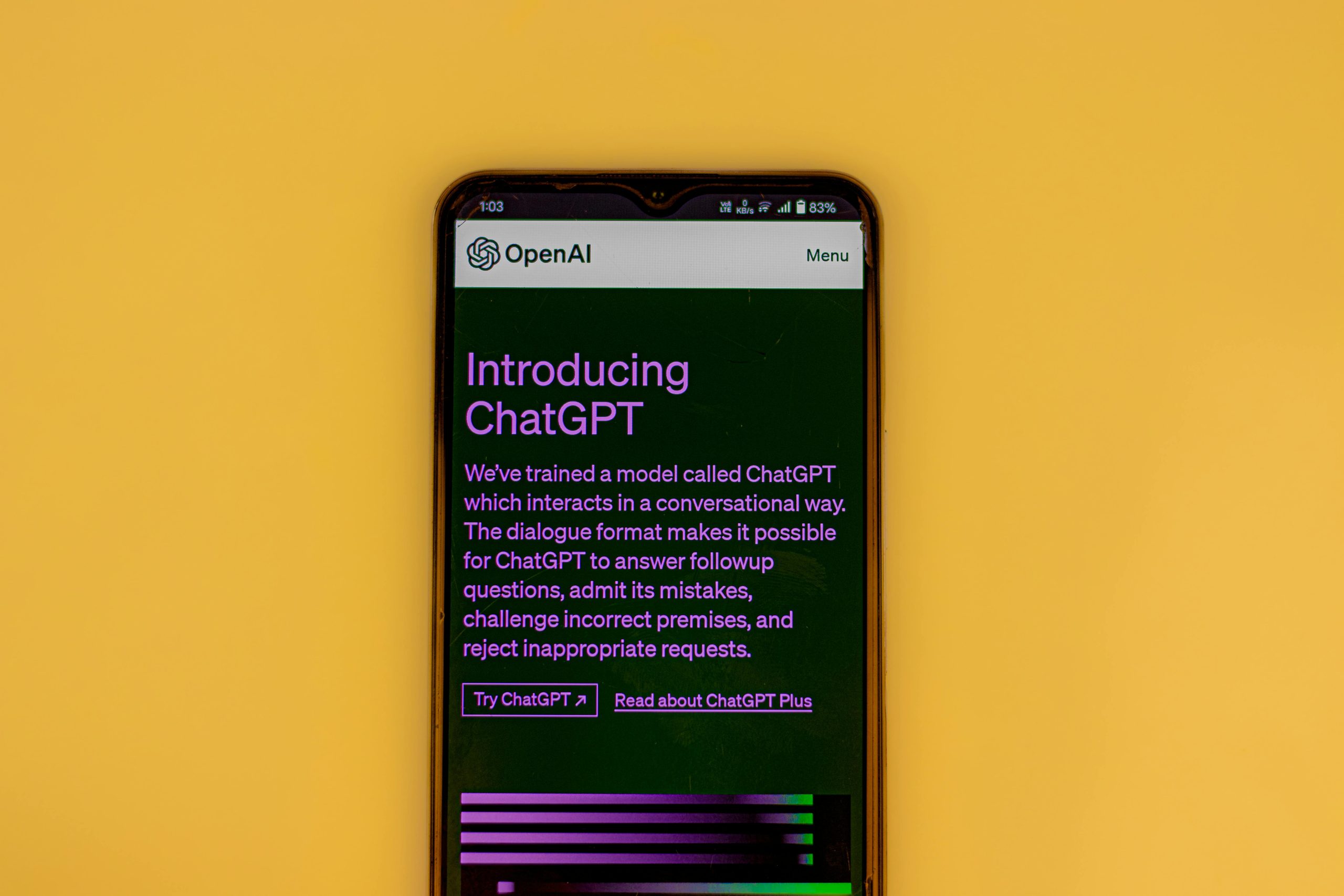“ChatGPT Psychosis” Perils of Using AI Chatbots To Excess
Understanding the Dangers of Excessive AI Chatbot Usage: Insights and Personal Reflections
Introduction
In recent years, artificial intelligence chatbots have rapidly become integral tools for professionals across various industries. While they offer remarkable capabilities to streamline tasks and foster innovation, an emerging concern has begun to surface: the potential psychological and social risks associated with over-reliance on these AI systems—phenomena often referred to as “ChatGPT Psychosis.” This article aims to explore these concerns through a personal lens, shedding light on the importance of maintaining a balanced approach to AI integration.
A Personal Journey into Isolation and AI
To contextualize the discussion, I’d like to share a bit about my own experience. For nearly a decade, I lived a largely solitary life focused intensely on research and development. My work involved creating business strategies and scientific concepts—tasks I completed primarily through computer work and handwritten notes. During this period, interactions with others were minimal, and social engagement was scarce.
This prolonged period of seclusion ended in November 2024, when I discovered advanced AI tools capable of generating computer code. Over the next six months, I dedicated the majority of my waking hours to collaborating with an AI chatbot, often communicating in technical terms, to develop complex code projects. During this time, my social interactions virtually ceased; my routine was predominantly consisting of work and rest.
The Unexpected Turn
Despite my natural resilience and awareness, something unprecedented occurred. After months of isolation and intensive AI work, I experienced a severe emotional breakdown triggered by interactions with strangers—an intense wrathfulness that was entirely out of character for me. This incident highlighted the profound impact of extended AI engagement coupled with social deprivation.
Reflections on the Risks
This personal narrative underscores a critical point: reliance on AI chatbots for extended periods, especially without fostering real-world human interactions, can have unforeseen psychological consequences. While AI tools are invaluable for productivity and innovation, they should not replace the essential human elements of connection, empathy, and social engagement.
The phenomenon of “ChatGPT Psychosis” is a cautionary tale—pointing to the need for balanced AI use. Professionals and users alike should cultivate a mindful relationship with these technologies, ensuring they serve as augmentative tools rather than substitutes for meaningful human experience.
Conclusion
The advent of sophisticated AI chatbots presents both incredible opportunities and significant challenges. As we integrate these tools into our workflows, it’s crucial to remain vigilant about their potential mental health implications. Maintaining














Post Comment